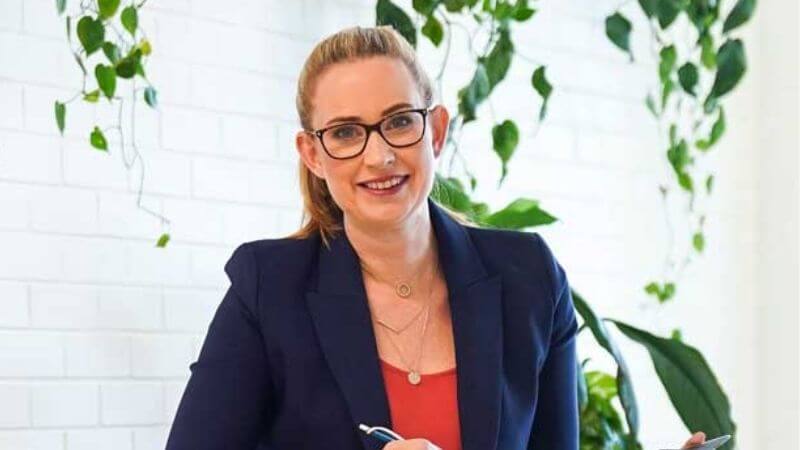Given the widespread impact of COVID-19, it will come at no surprise that the global pandemic will effect this year’s tax returns. For individuals, tax returns can often be a complicated process so it’s important than ever to get the help of a qualified accountant.
To help you navigate the latest updates for individual tax returns this year, we’ve pulled together a few key areas for you to be aware of:
- ATO focusing on work-related claims
- Why you should wait until end of July to lodge
- Benefits of working with a qualified accountant
ATO focusing on work-related claims
It’s a common misconception that individual tax returns go under the ATO’s radar, but due to the large number of claims made by individuals each year, the ATO has been honing in on certain areas each year. This year we will see the focus be on work-related claims due to the drastic change to our working environments, with people either working from home, working reduced hours or not working at all.
Laundry and travel-related expenses
Two key areas on the ATO’s radar is laundry and travel-related claims from the last quarter of this financial year. Given the majority of us were not working in our usual environments due to lockdown restrictions, it’s expected that the number of claims will decrease to reflect this.
The three rules for claiming still apply: You must have spent the money and not been reimbursed, the claim must report directly to earning your income, and you need a record for proof that you paid for the expense.
Working from home expenses
It is predicted that the amount of working from home expenses will increase significantly this year, so a new shortcut method was introduced by the ATO. The new method allows axpayers to calculate home office expenses at a rate of 80 cents per hour for the period between 1 March and 30 June 2020. All deductible running expenses will be covered, such as electricity for phone, internet, appliances, lighting, cooling or heating and the decline in value of computers or laptops. You can only claim the work-related portion of your expenses so make sure you have records to support your work-related use.
This new method differs from the fixed-rate method – which is still available – that calculates the expenses at 52 cents per hour, with phone and internet expenses and decline in value on computers needing to be calculated separately. If you opt to use this new method, you will need to include the note ‘COVID-hourly rate’ and have records of the hours worked at home.
If this confuses you, don’t worry – Carbon’s qualified accountants can help! Get in touch with us to arrange an appointment.
When should you complete your tax return
There are generally two types when it comes to completing our tax returns: Those who get it done quickly, and those who wait a while. For those who are usually first in line, it’s advised that you wait a few weeks until the end of July.
In order to streamline the process of completing your tax return, accountants need all the relevant information to be pre-loaded into MyGov, such as details from your employment and insurance providers. This is also relevant for those receiving JobKeeper or JobSeeker payments.
Employers with 20 or more employees will have until 14 July 2020 to make a finalisation declaration, and employers with 19 or less have until 31 July 2020.
Benefits of working with a qualified accountant
As you can see from the above, this year’s tax returns may be a complicated process for most of us. A qualified account will help you navigate this, as well as helping to maximise your tax return by ensuring all your expenses are claimed and most importantly, ensure nothing is wrongfully claimed.
We’re ready to prepare your tax return in-person or online. Find out more on how Carbon Accountants can help you here.





















